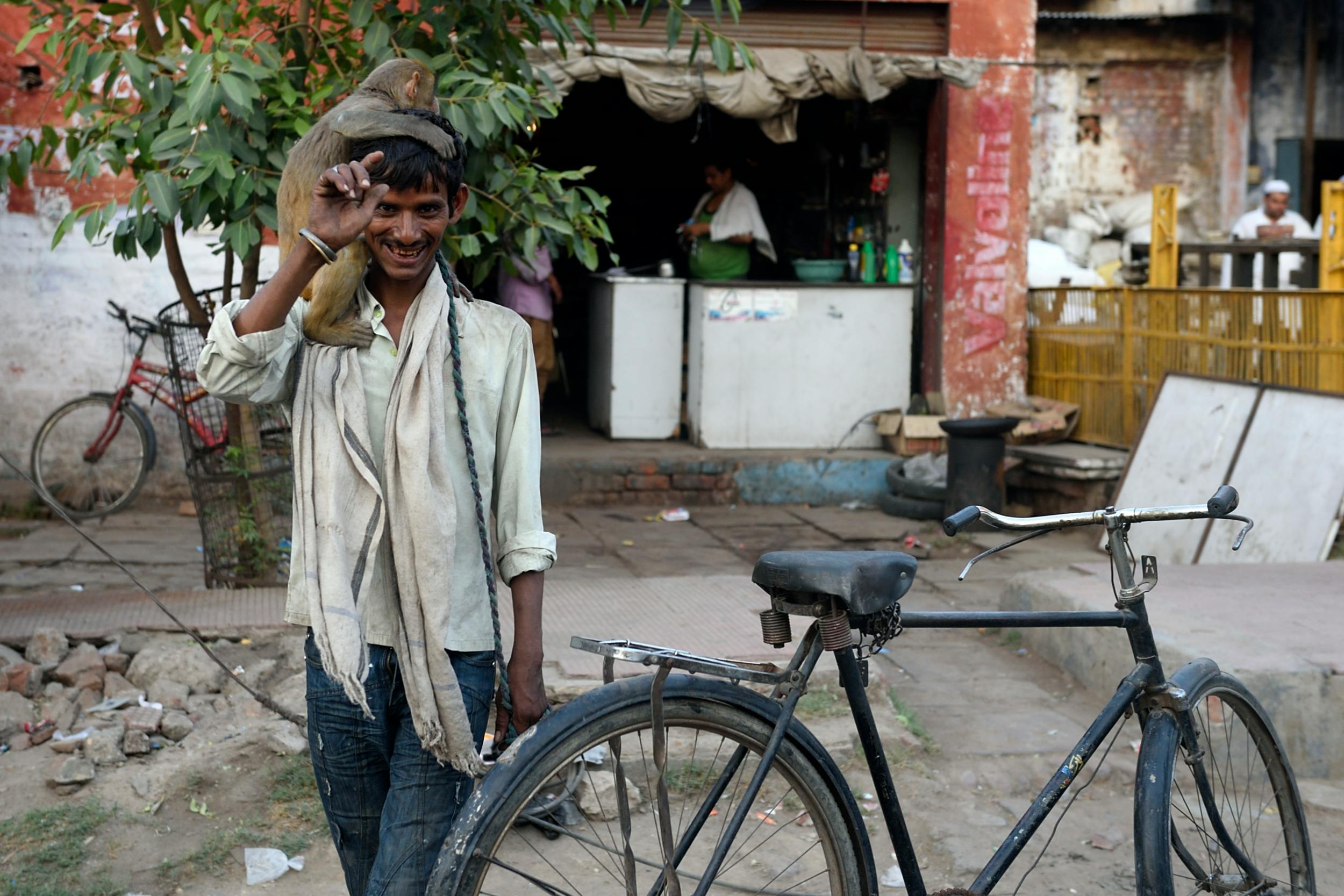
How ethical are your jeans? The good, the bad and the ugly
admin
- 0
The fashion industry has received a lot of bad press recently for both its unethical supply chains and unsustainable practices that include manufacturing low-quality, low-priced fast fashion that has a very short shelf life before ending up in a landfill. and for its toxic effluents that poison the rivers. . A large proportion of the population in the UK will own at least one pair of jeans and many people practically live in their jeans, making them an important garment whose role in driving the sustainable fashion agenda is key. When it comes to ethical jeans, there are now plenty of options from brands that range in shades of green.
The denim industry is one that has a lot of history. Jeans were originally designed as rugged workwear, but over the years; They have evolved to become a fashion staple valued for their casual, well-worn look. Often the older a pair of jeans looks the better, even if it’s actually a new pair of jeans. In order to meet this demand for ‘worn look’ jeans, the fashion industry introduced the sandblasting process which has been shown to cause deadly lung diseases, including silicosis, in workers in the garment industry. Despite this awareness and calls from activist organizations like the Clean Clothes Campaign, many brands continue to sell jeans that have been aged through this dangerous process.
Since the beginning of its manufacture, denim is causing pollution and environmental impact. Most denim is made from conventional cotton that is grown with a large amount of chemical pesticides. These pesticides are not only harmful to flora and fauna in cotton-growing areas, but are also dangerous to farmers, workers, and those who live in the areas around cotton fields.
Denim dyeing uses large amounts of water which can cause significant pollution. In Xintang in China, also known as the blue jean capital of the world, the water turns blue and black as it fills with effluent from small-scale dyeing units that are not equipped with water treatment facilities. The dyes and chemicals used to treat denim contain toxic heavy metals such as cadmium, lead, copper, and mercury.
But it’s not all bad news. By its nature, a pair of jeans actually has the potential to be a great piece of sustainable fashion. Jeans never go out of style and it is generally considered that a good pair of jeans gets better with age. In fact, many people are almost emotionally attached to their favorite pair of jeans, perhaps because of their comfortable fit and ability to almost conform to a person’s body shape or perhaps just because of the memories that are associated with them. The mantra for many people working for a more sustainable future is to reduce the amount we use, reuse and recycle. Jeans lend themselves well to all three of these actions, as they are even valued as second-hand and vintage clothing and are often turned into shorts or skirts, even when worn. Jeans are, in many ways, the antithesis of fast fashion.
Some of the big players in the denim industry are cleaning up their act. In particular, Levi’s is heavily involved in developing more sustainable ways of making jeans by reducing the water use and carbon footprint of its jeans and abolishing the sandblasting process in the production of its jeans. Levi’s Water jeans
As mentioned above, the vintage and pre-owned jean market is healthy with iconic brands like Levis holding significant value. Now there is even the option of renting or leasing a pair of jeans from the Dutch company Mud Jeans. The customer pays an upfront fee followed by a monthly charge, at the end of the year they are given the option to return the jeans, get a new pair, or keep the jeans. The jeans are made of high-end organic cotton from Türkiye. Once returned they are either washed, repaired and reused or shredded and returned to the factory.
The choice for jean brands that are both sustainable and ethical at their core is now on the rise and a good selection of sustainable, classic and on-trend jean styles, cuts and colors are now available. Monkee Genes makes certified organic and bamboo jeans. They are a good example of an ethical and sustainable fashion brand that is successfully bridging the gap between sustainable and mainstream fashion with a dedicated following that goes far beyond the usual eco-conscious crowd. Nudie Jeans now uses 100% organic cotton and is also a member of the Fair Wear Foundation, which helps ensure ethical manufacturing. Kuyichi is another denim brand that places a high priority on sustainability and ethical manufacturing. In fact, Kuyichi is generally considered one of the first brands to pioneer ethical fashion after it was established when its founders became disillusioned by the reluctance of big players in the denim industry to use organic cotton. The brand continues to innovate and experiment with fabrics including recycled polyester, Tencel®, replacement denim, and hemp. Eight Jeans have revived the UK denim industry by manufacturing their jeans in a factory in Cardigan, West Wales. The jeans are not only made from high-quality organic denim and ethically produced, but each one has an online history tag with which customers can record memories, experiences and images. The great thing about the history tag is that they add to the value of every pair of jeans, even if the jeans are heirloomed or end up in a thrift store; the memories will still remain with them.
So there you have it. When it comes to sustainability and ethics, not all jeans are created equal. By spending a little time and thought when choosing your next pair of jeans, you’ll not only have a positive impact on the world around you, but you’ll also ensure a garment you can wear and treasure for many years to come. the memories of when you used them.
